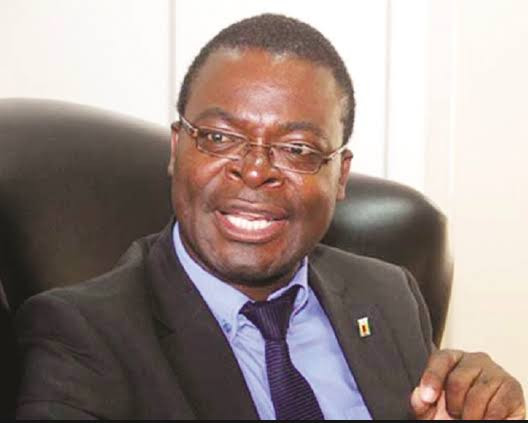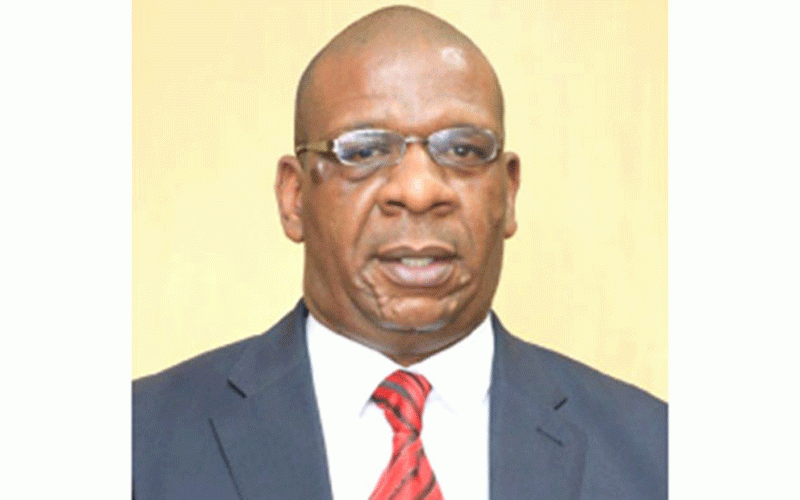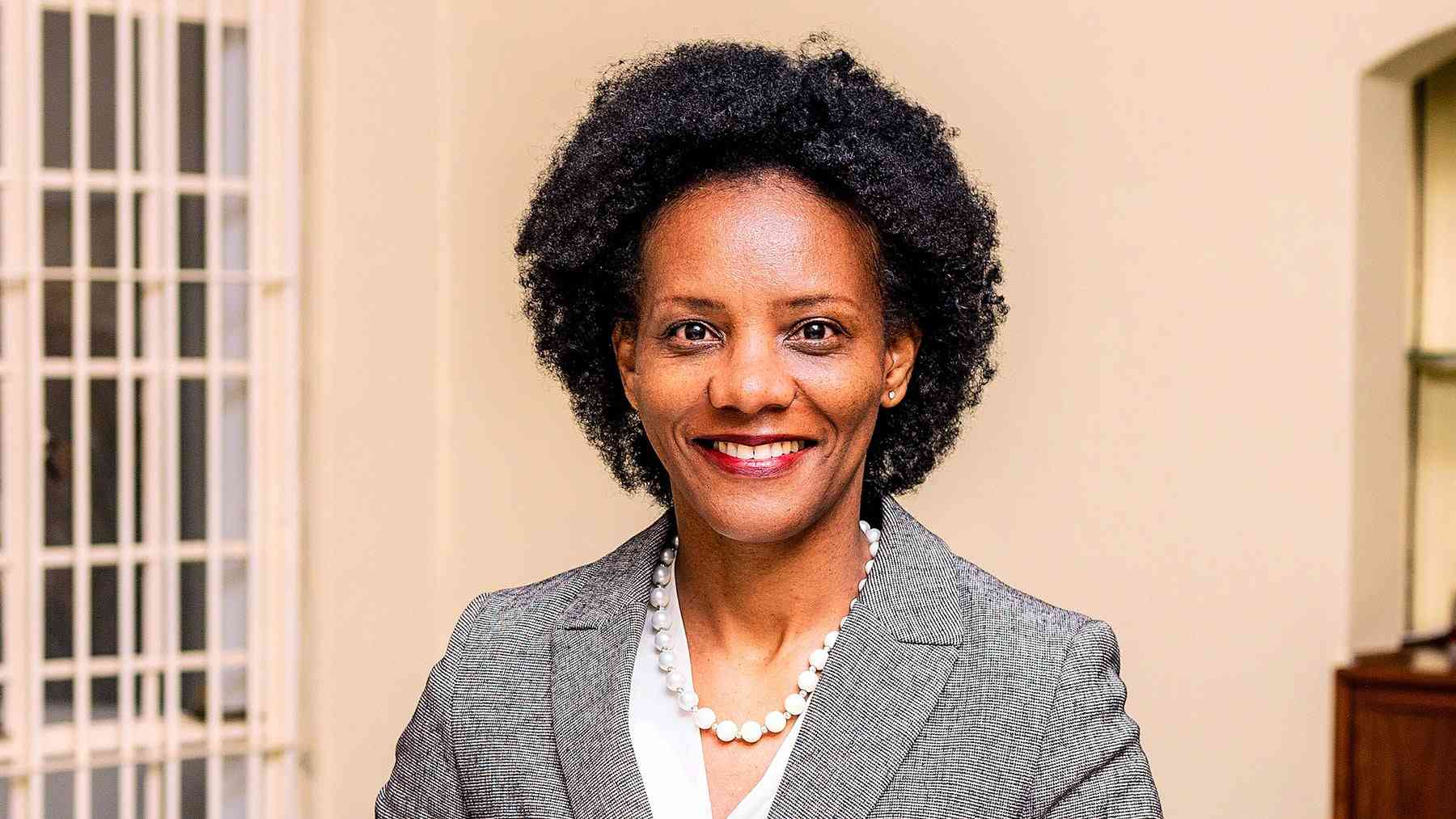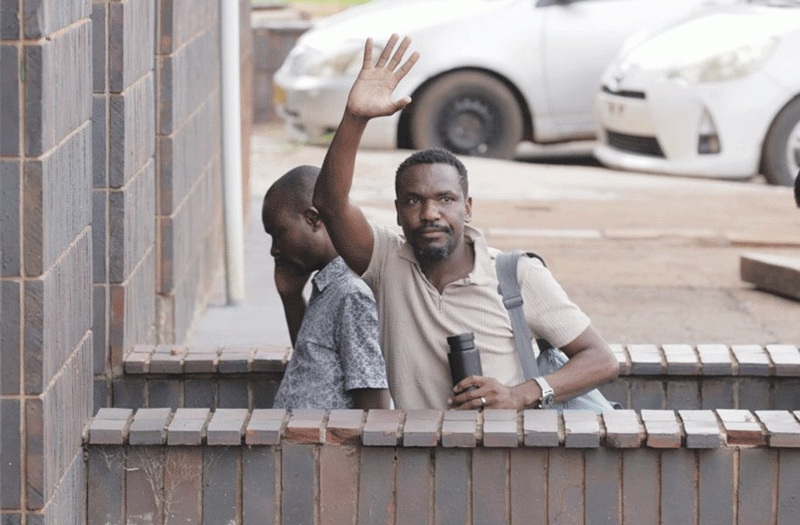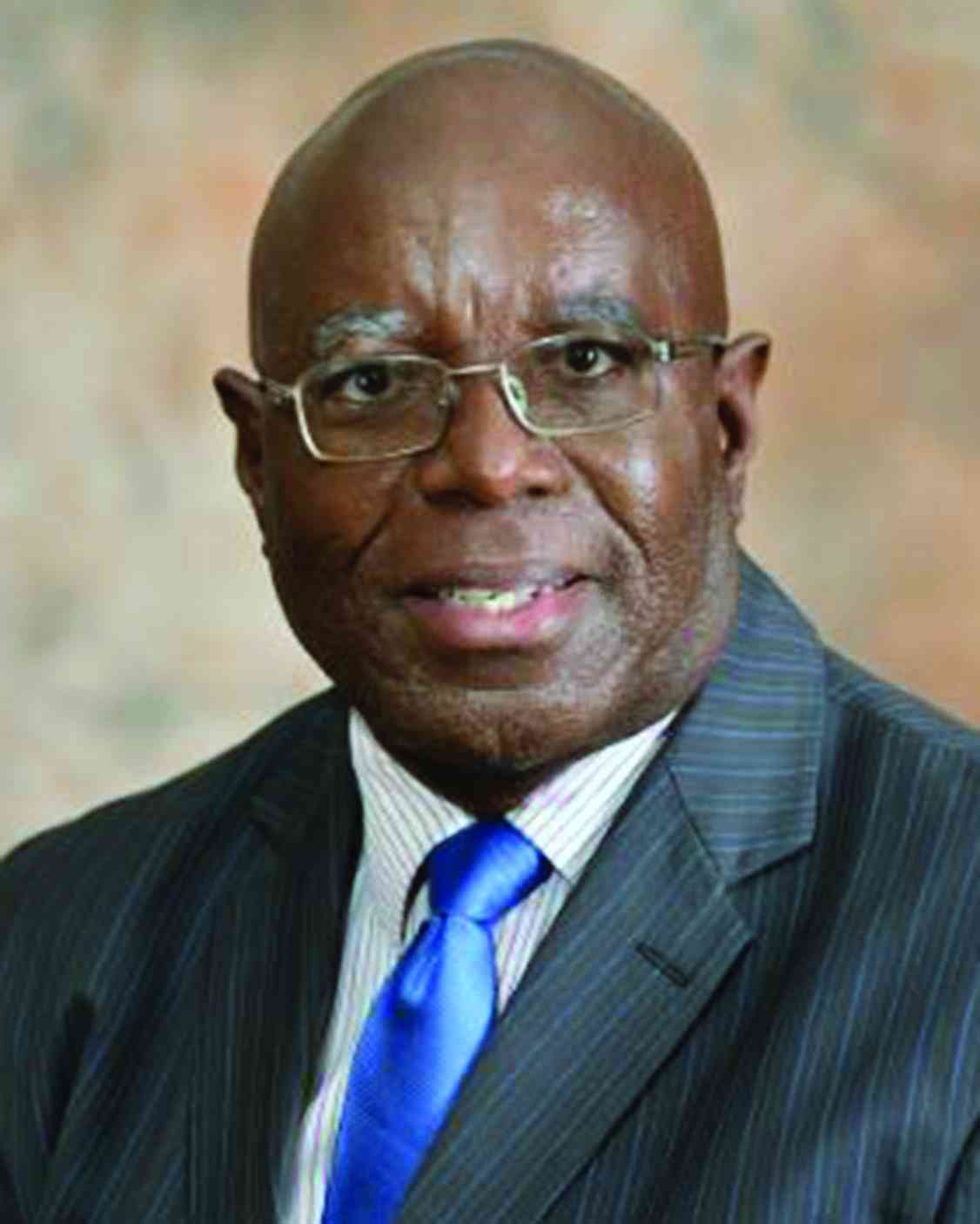
THIS year has been characterised by a wave of fresh taxes introduced by Zimbabwe’s cash-strapped government. The raft of taxes includes the Domestic Minimum Top Up Tax (DMTT), a tax levied on the income of foreign entities operating in Zimbabwe, an increase in corporate tax to 25%, a wealth tax, and a sugar tax. In the wake of this development, the Zimbabwe Revenue Authority (Zimra) is rolling out measures to encourage tax compliance. Our business reporter, Tafadzwa Mhlanga (TM) spoke to Zimra Domestic Taxes commissioner, Misheck Govha (MG,), to get more insights into the domestic tax framework and how the taxman is implementing it. Below are excerpts of the interview:
TM: Zimra has been implementing several measures to encourage businesses to be tax-compliant. In your assessment, are there any improvements?
MG: There has been great improvement in terms of returns submission and in terms of payments. There has been an upward trend since we introduced the TARMS (Tax and Revenue Management) system.
We no longer have those complaints that we used to have where operators had to work in the middle of the night. TARMS has been a game changer for us and has brought us transformation that as an organization and as a country, we are benefiting from the system. We are also seeing our revenues growing. We are on track with our revenue target.
TM: As a percentage, where would you place that in terms of the compliance rate?
MG: The compliance rate, for example, the Value Added Tax (VAT), we have done an assessment where we have applied a fiscalisation data management system, and the trend has shown that we are increasing our VAT compliance by 5% from the clients who are already on the system. And, we are trying to widen the net as much as possible to cover as many clients who are eligible for
VAT since the threshold has been reduced from US$40 000 to US$25 000. We are chasing everyone who is supposed to be on the threshold and registered so that we also increase our tax pace.
TM: What is your revenue target for this coming quarter and the rest of the year?
- Zimra seizes CCC campaign vehicle
- Firearms smuggling suspect weeps in court
- Eyebrows raised over Zimra tender
- Zimra clearing agent in US$437K fraud
Keep Reading
MG: So, for the next quarter, for domestic taxes, we are targeting to collect ZiG13 billion (US$967 million) and we have collected close to ZiG6 billion (US$446) billion so far. We are targeting to meet our target since we are almost halfway through.
For Zimra as a whole, for the year we are targeting ZiG90 billion (US$6,7 billion) which we need to collect from the nation. Remember, we are going to finalise TARMS in October and we are also going to finalise the fiscalisation management system during the same period. So, we are going to make sure that we benefit fully from those platforms so that we deviate those resources to audits.
TM: What are some of the challenges that you are facing as an organization?
MG: The issue of clients who want to remain informal yet are practically formal and their turnover is quite huge but just want to associate themselves with the informal sector. From the small research that we have done, we have noted that the turnover for some of them who are small enterprises, their turnover is over US$1 million.
So, they are really big companies that qualify for our large clientele, so we are rectifying this. This is the reason why we launched TARMS, and it can encompass a lot of clients, even more than 10 million.
TM: What strides have been made to address this challenge?
MG: We are always going to face challenges as an organisation. The compliance of our clients is our major mandate to collect revenue and once our clients comply, we are good to go collect but we have been having a lot of challenges with the informal sector.
To counter that, we introduced what we call the ‘Block Management System’. This system is targeting the informal sector, and we are visiting the small enterprises to make sure that we educate them, we register them so that we add them to the tax base. It has been bringing good results, particularly in the CBD (central business district) of Harare. Now, we are going to the outskirts like Chitungwiza, and we are going to establish an office in Chitungwiza and the industrial southern side of Harare.
We also cover other places like Bulawayo, Mutare, and other cities.
We want to harness all the parts of the informal sector to pay all the taxes that they are eligible for like the presumptive tax, the VAT, and so forth to make sure that they are within the tax net.
TM: How much are the SMEs contributing in terms of tax?
MG: When we did an analysis sometime last year, we noted that they were contributing between 2% and 4%. But we want to increase that number since most of them now qualify for VAT. We should be seeing that number going up but so far, the contribution we want to ensure that we reach up to between 6 to 8%.
TM: The SME sector suggested a turnover-based tax system that is simpler to adhere to than the current tax regime and a means to improve tax compliance. What are your thoughts on that?
MG: We are in total agreement on that, and we have a paper that we want to submit to the Finance Ministry, and we are discussing it with the minister (Mthuli Ncube) so once we have agreed on the terms, we will be able to make sure that we make it public.
What we need to do is to put the SMEs in categories and then put them through the fiscalisation process then we get the data. Once we get the data and their turnover, we then try to put them into various categories. We are working on that already.
TM: There have always been issues that arise from the complexity of the TARMS system and having too many glitches. How can businesses effectively navigate the system?
MG: Firstly, TARMS is a very good system, it was a challenge in the first instances when several clients had challenges in terms of the registration processes but once you are in the system, the navigation process of the system is just simple.
You should know that the system gives extra data that was not in the previous systems. They (clients) have viewing rights, and there is the area where they launch their returns without any challenges so TARMS has an advantage that it can take volumes.
TM: What steps are being taken by Zimra to improve tax dispute resolution mechanisms?
MG: In terms of disputes, we are trying as much as possible that our technical units meet the deadlines of 90 days and for those that were going to the courts, we also follow with the judicial management system to make sure that they are expediently dealt with.
We know that we have a vacuum to deal with those who know the tax system. Notable progress was made when one of the Zimra directors was one of the judges. From our side, we make a lot of engagements with clients before they take us to court, and we explain their rights and make it clear they understand as well as agree with the way forward.
In terms of winning cases, Zimra is at 80% and we have lost 20% of cases taken to court. In terms of those that we do engagements, clients normally agree before we even go to court. We always let the clients approach us on engagements because we do not want to take the rights of the client. It is the client who initiates the engagements.
TM: Some businesses have noted that the 100% tax penalty on failure to fiscalise or file tax returns in time is too harsh. Any plans to review it?
MG: If you do fraudulent activities for VAT, it is 200%, for income tax it is 100%. There are no plans to review the penalties. What we have done is that we have come up with a penalty loading model which we have submitted to the ministry. This penalty-loading model hinges on the cooperation of the client.
If you are ready to be cooperative for example, when you are audited and cooperate you can pay zero penalties. Everything now lays in the hands of the client so that we at least do not kill the goose that lays the golden eggs.
We are just waiting for the ministry to promulgate it but on the ground, we have been using it for more than 10 years now.
TM: Can you share developments on the wealth tax?
MG: The wealth tax is here to stay. For now, it is affecting residential houses, but we might broaden it to commercial buildings. We are finalizing the regulations and I think by next month (June), we will be bench-marking the implementation of the wealth tax, and we are going to make sure that it comes into play. Those who feel that they need to start paying their 1% now, can pay because it is coming.

